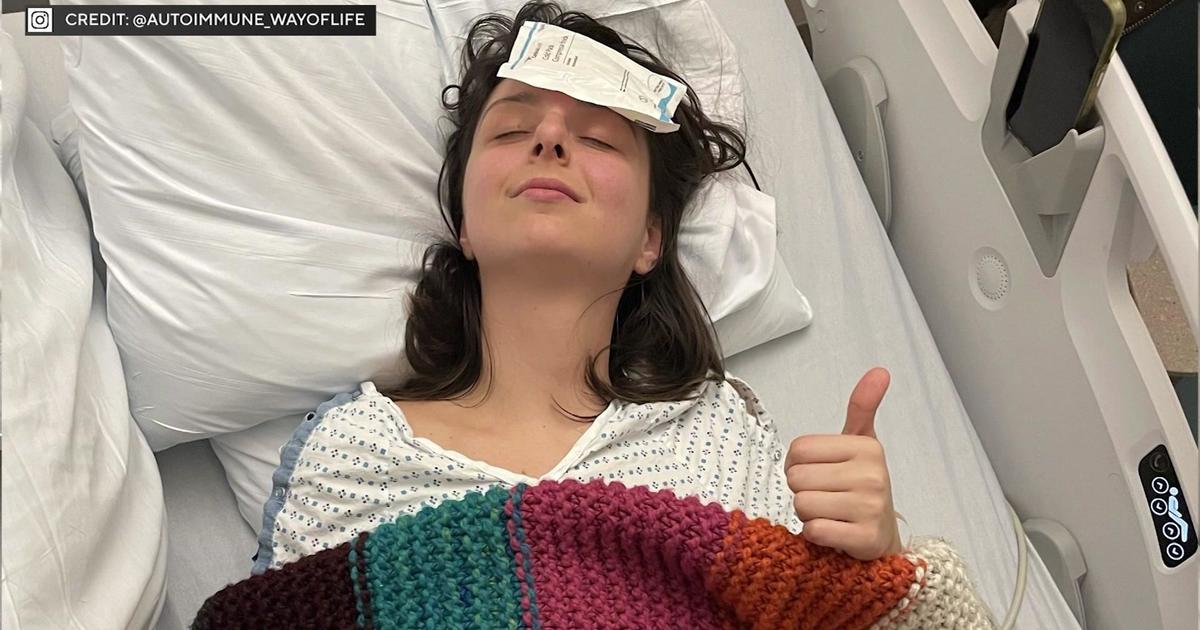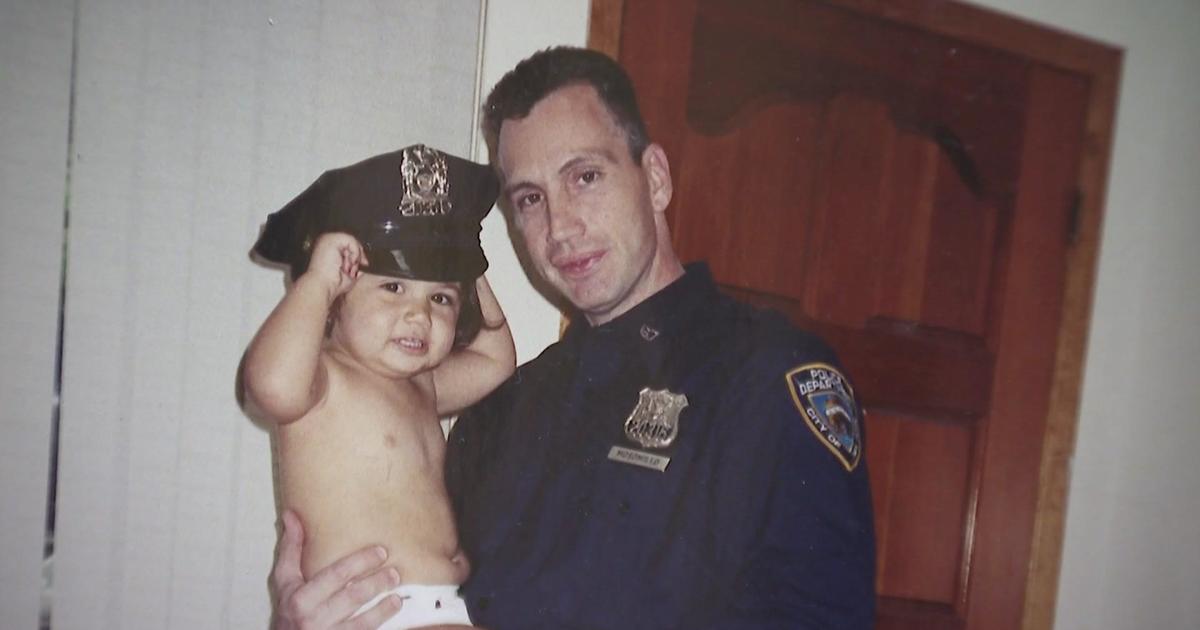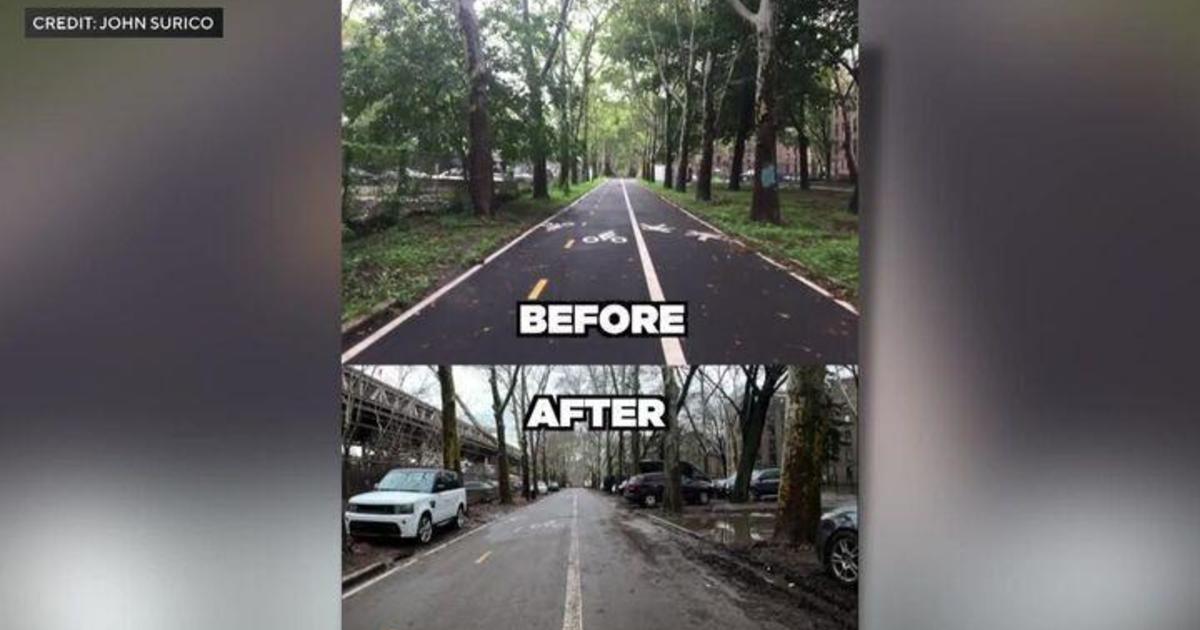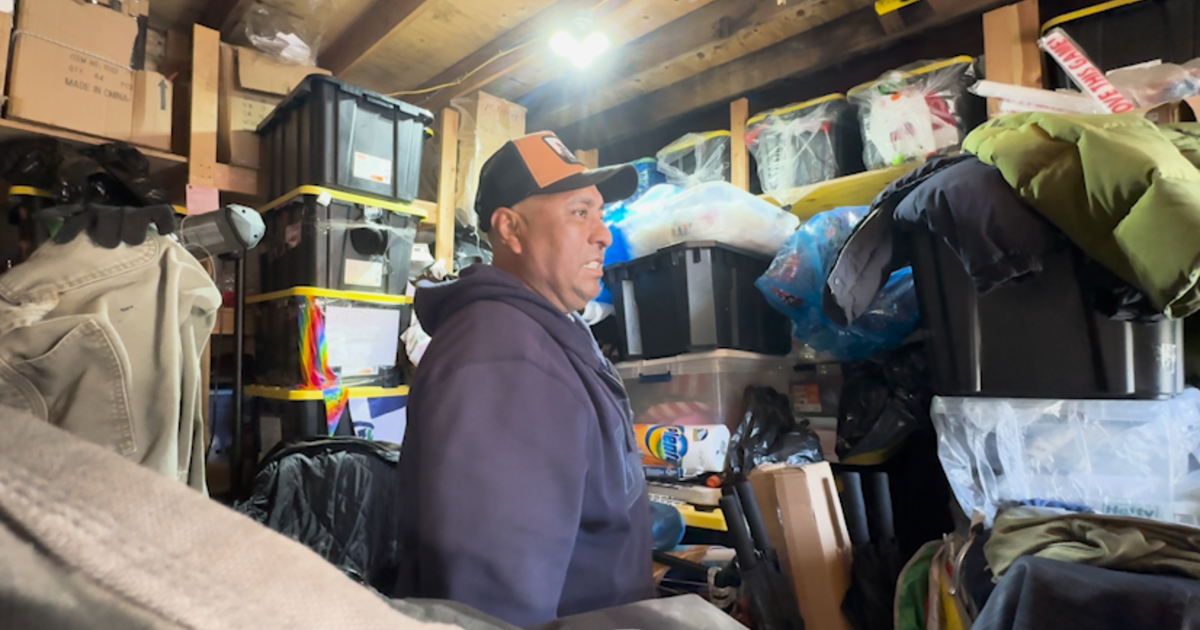Mount Sinai engages Harlem youth during Brain Awareness Week
NEW YORK -- For National Brain Awareness Week, Mount Sinai scientists and surgeons are revealing their research to the public and encouraging Harlem kids to join them in their studies at the 12th Annual Brain Fair.
The event is part of Mount Sinai's ongoing efforts to diversify the medical field by immersing local students in science. Hundreds of young minds had the chance to press Play-Doh into an imaginative brain, perform seed surgery on a strawberry and interact with the doctors and medical students thinking about diseases and development in the most complex organ of the body.
"The fact that it was females and that they were able to teach me about it, so seeing a female scientist made me feel like I could become a female scientist," said Samara Monagas, a 12-year-old from Isaac Newton Middle School.
"Because of its complexity, we need people who've got different backgrounds, different approaches, different experiences to apply all of that diversity to how they think about the brain," said Neuroscience Department chair Dr. Paul Kenny. "Because without that diversity of approach, we simply will not make progress."
Mount Sinai's unique collaboration between researchers and clinicians allows a streamlined flow of information to more quickly reach brain breakthroughs, all while working to break through barriers in their own industry.
"There was a lot less minorities that went into the medical field, and actually that was really interesting," said 12-year-old Mason Lowe from Isaac Newton Middle School, after learning about the disparities. "I hope that as a society we can change that, so more people can get the opportunity."
For nearly 50 years, Mount Sinai's Center for Excellence in Youth Engagement has targeted underserved kids from 7th through 12th grade.
"There's candy and there's an inflatable brain, and then you're also using like a yarn to make a neuron," explained CEYE director Kenya Townsend, "so now you're curious. And so the hope from this is that you go on to actually go home and research more about the brain."
Over the Brain Fair's 12 years of sparking scientific interests, organizers say they have seen a shift.
"They learned something so much so that they decided to make the brain the central point of their career," Dr. Kenny said. "It's happened in quite a few occasions. I've been lucky enough to experience that. There's no feeling like it."
Manhattan Center for Science and Mathematics senior Christopher Bertrand spends his evenings after school in the Friedman Brain Institute's Lab as a Lloyd Sherman Scholar, giving him firsthand experience to jumpstart his advanced studies while still in high school.
"There was that person for me to kind of introduce me to be like this is how it is, and this is how it could be," Bertrand remembered. "I enjoy kind of bringing the community together."
Right now, the neuroscience team is researching the group of brain cells they believe trigger opioid addiction, an issue directly impacting the surrounding Harlem neighborhood.
"We're looking to see how we can manipulate, modulate those cells to develop new treatments," Dr. Kenny explained. "We actually have a treatment that we think could be promising for opioid use disorder currently in human clinical trials."
This week, Mount Sinai also announced the establishment of its new Department of Public Health to further help bridge the gap to the community.
Mount Sinai's Friedman Brain Institute aims to serve as a focus group to show how collaboration between diverse minds can reduce disparities in care.
Have a story idea or tip in Harlem? Email Jessi by CLICKING HERE.




